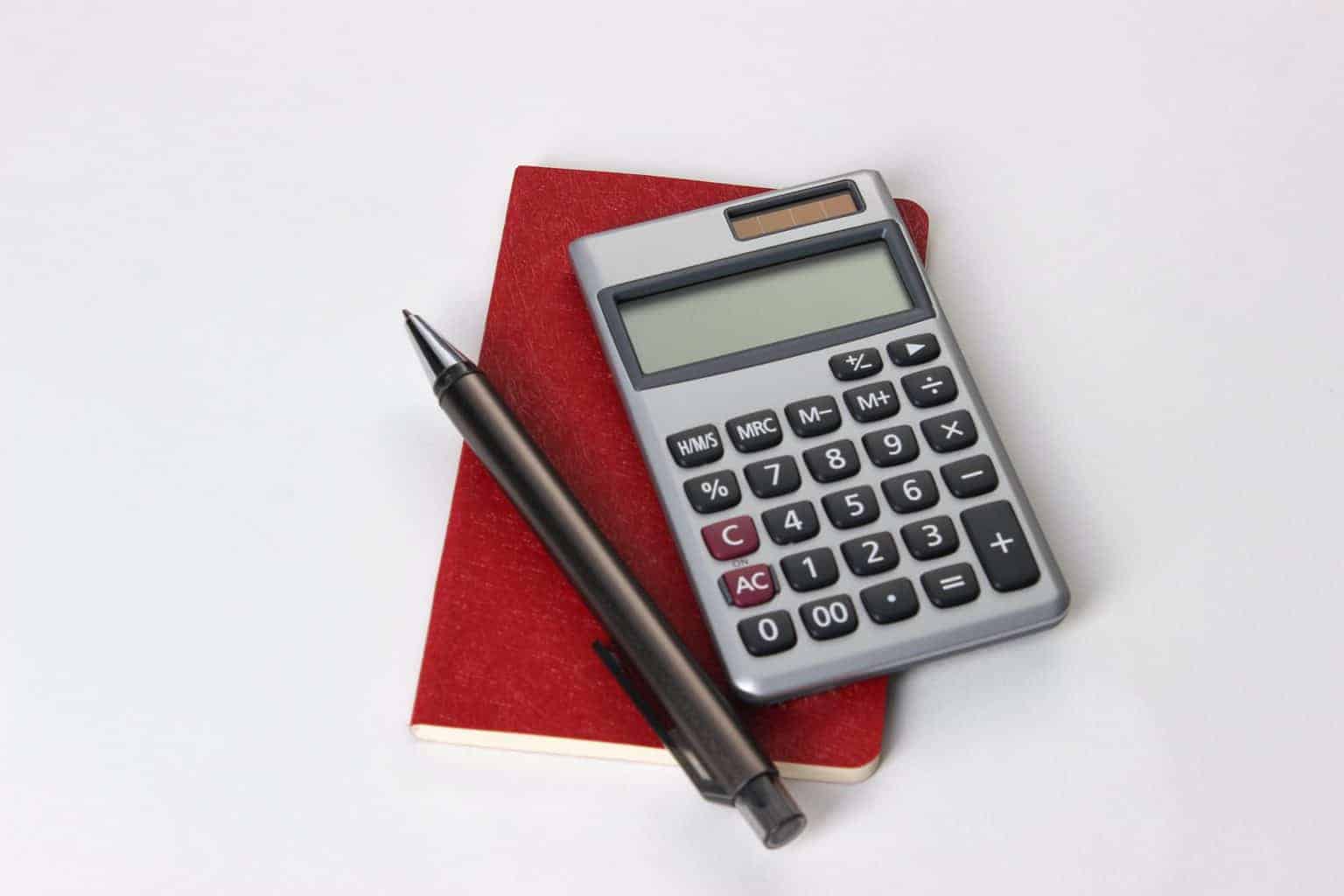Did you recently have a debt forgiven? You may have received a 1099-C form in the mail. But maybe you have no idea what this form means or what to do with it. Don’t fret.
Read on to learn more about what it means and how to get professional help with the form and other tax-related matters.
Details About Tax Form 1099-C: Cancellation of Debt
What is the Tax Form 1099-C: Cancellation of Debt?
Form 1099-C: Cancellation of Debt is used by lenders and creditors to report a forgiven, canceled or discharged debt of $600 or more. Suppose you take out a $7,500 loan, stop making payments after the balance is reduced to $3,000, and the lender agrees to cancel the debt. In that case, the $3,000 balance will be reported on Form 1099-C. The taxpayer must include the amount on the form as other income when filing their federal tax return.
When to Use Tax Form 1099-C: Cancellation of Debt?
Lenders and creditors send Form 1099-C to the IRS and the debtor. The latter could be an individual, partnership, corporation, estate, company or association. Form 1099-Cs are typically triggered by credit card debt settlement, repossession, voluntary property transfers, property abandonment, mortgage modification and foreclosure.
Quick note: if the debt was fraudulent and canceled due to identity theft, the creditor should not file Form 1099-C.
Instructions How to File Tax Form 1099-C
On the left side of the form, you’ll find boxes for the following information:
- Creditor’s name, street address and phone number
- Creditor’s TIN
- Debtor’s TIN
- Debtor’s name and address
- Debtor’s address
- Account number
There Is also pertinent information regarding the canceled debt on the right side of the form:
- Box 1: Date of identifiable event (or the actual date of discharge, if earlier)
- Box 2: Amount of debt discharged
- Box 3: Interest (if included in box 2)
- Box 4: Debt description (i.e. credit card expenditure, student loan or mortgage)
- Box 5: Check here if the debtor was personally liable for repayment of the debt
- Box 6: Identifiable event code (refer to IRS Publication 4681 to find the correct code for the identifiable event)
- Box 7: Fair market value of property (if the 1099-C is filed with a 1099-A for a foreclosure, execution, abandonment of property or related sale)
Once the creditor has completed the form, they must mail a copy to the IRS, send a copy to the debtor, and keep a copy on file for at least four years from the due date of the corresponding return.
About Cancelled Debt
What Does the IRS Consider As Cancelled Debt?
The IRS considers a debt canceled if one of the following identifiable events occur:
- The debt is discharged under Chapter 11 Bankruptcy.
- The debt is extinguished and uncollectible as a result of a foreclosure.
- The statute of limitations for collecting the debt expires.
- A power of sale in the deed of trust or mortgage is exercised and prevents the note holder or lender from collecting on the debt.
- The creditor agrees to less than what is owed and cancels the debt, resulting in a discharge.
- The debt is discharged due to the creditor’s policy on discontinued collection activity and debt cancellation after a set period.
- The debt is discharged before an identifiable event takes place.
How Does Cancelled Debt Affect Your Taxes?
You could owe more federal income tax if you receive a Form 1099-C for canceled debt. The IRS treats some cancellations of debt as income to the taxpayer. However, some canceled debt is excluded from taxation.
Cancellation of Debt Exceptions and Exclusions
Canceled debt generally isn’t taxable in these circumstances:
- The debt is discharged under bankruptcy.
- The cancellation is associated with a student loan forgiveness, public service loan forgiveness or repayment assistance program.
- The debt is related to select business or farming activities.
- The borrower can prove they were insolvent at the time of cancellation
- The debt was forgiven by a relative or friend.
- The debt is for a student loan belonging to a permanently disabled or deceased borrower.
- The debt is canceled by a foreign entity (stipulations apply).
Can a Creditor Collect After Issuing a Form 1099-C
It depends. If you settle your debt by paying a portion of what is owed, the creditor will no longer pursue you for the remaining balance. But suppose a creditor decides to file a 1099-C several years after collecting but before the statute of limitations expires. In that case, you’ll still be liable for the debt as it’s technically not forgiven.







